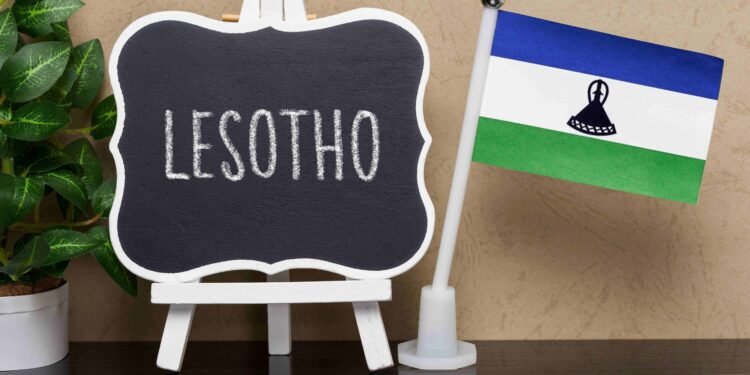MASERU, Lesotho (BG) – Lesotho, one of Africa’s most trade-dependent economies, faces a major shock as U.S. President Donald Trump imposes a 50% tariff, threatening its vital textile sector.
While twenty African nations are affected by the United States’ revised trade policy, Lesotho bears the heaviest blow.
Larger regional economies like South Africa are subject to a 31% tariff, while Nigeria and the Democratic Republic of the Congo benefit from lower rates of 14% and 11%, respectively. Madagascar, Mauritius, and Botswana face higher tariffs of 47%, 40%, and 38%, respectively. These figures highlight the varying trade barriers that impact these nations.
For years, Lesotho has been a success story under the African Growth and Opportunity Act (AGOA), a U.S. trade initiative that aims to support African economies through access to American markets.
The AGOA generates jobs for thousands of Basotho workers, mostly women, in 11 textile factories that supply brands such as Levi’s and Gap.
“My biggest concern was the immediate closure of factories and job losses,” said Trade Minister Mokhethi Shelile at a press briefing on Thursday.
He confirmed that goods currently in production will not be exported to the U.S. under the new tariff regime.
Shelile has called on factory owners to maintain operations while diplomatic efforts are underway. However, the uncertainty surrounding AGOA’s renewal this year has only deepened fears that Lesotho’s export pipeline could soon collapse.
The U.S. administration has not provided a detailed explanation for targeting Lesotho with the harshest rate.
Some speculate it’s retaliation for a minor trade violation or a clumsy warning about Lesotho’s warming ties with China. If so, it’s a diplomatic misfire, using a sledgehammer to swat a mosquito.
Shelile isn’t waiting for answers. “We need to urgently travel to the U.S. to engage with its executives and plead our case,” he said.
Lesotho believed in the partnership AGOA offered. Now, that faith is unraveling.




